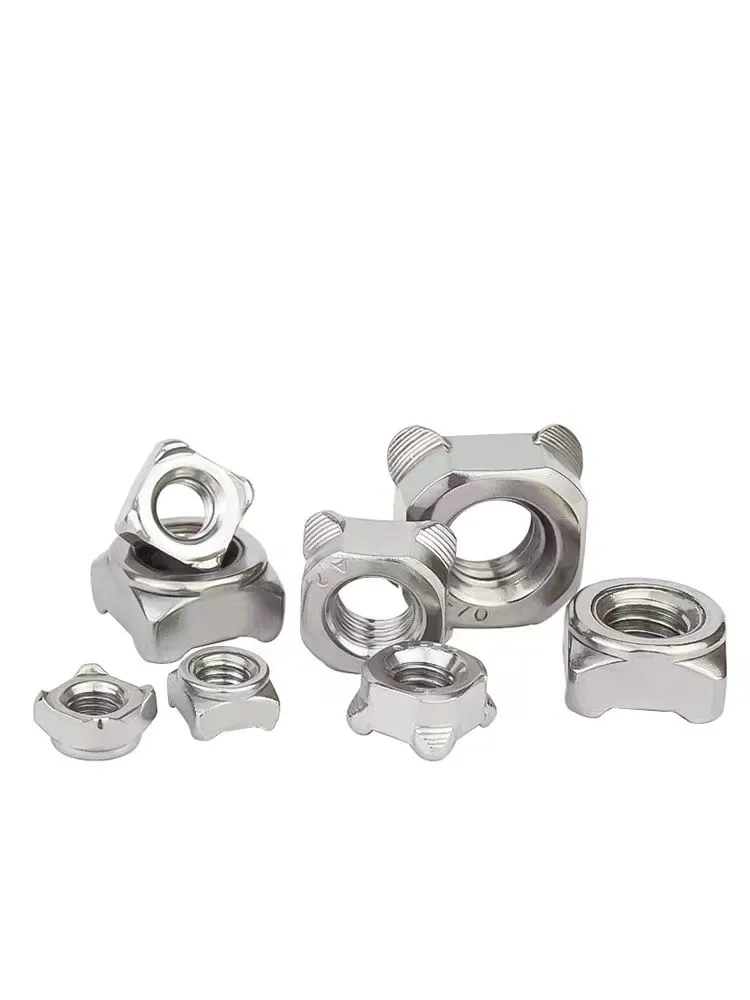

Innovative Solutions for Enhanced Flange Self-Tapping Screws Efficiency and Performance in Fastening Applications
Aug . 11, 2024 06:36 Back to list
Innovative Solutions for Enhanced Flange Self-Tapping Screws Efficiency and Performance in Fastening Applications
Understanding Flange Self-Tapping Screws Features, Benefits, and Applications
Flange self-tapping screws, often referred to simply as flange screws, are specialized fasteners designed to facilitate secure and efficient fastening in various applications. Their unique design combines the features of both screws and washers, offering a multitude of benefits in assembly and engineering.
Design Features
Flange self-tapping screws are characterized by their wide, flat heads, which resemble a washer under the screw head. This flange provides a larger surface area, allowing for increased load distribution. This design feature minimizes the risk of damage to the material being fastened, especially with softer substrates. Typically made of steel, stainless steel, or other robust materials, these screws are engineered to withstand various environmental conditions, making them suitable for both indoor and outdoor applications.
The self-tapping attribute allows the screw to create its own thread as it is driven into the substrate. This capability eliminates the need for pre-drilling holes, saving time and labor during installation. The thread design varies depending on the specific application, with options optimized for different materials, from plastics to hardwoods and metals.
Benefits
One of the significant advantages of flange self-tapping screws is their efficiency in assembly processes. The self-tapping feature reduces the risk of cross-threading and ensures a tighter fit with minimal effort. This screw type significantly enhances the speed of installation, making it an excellent choice for projects requiring quick assembly.
Additionally, the design minimizes the chance of loosening over time. The flange, acting like a washer, prevents the screw from pulling through the material, reducing the likelihood of failure due to vibrations or movement. This added stability is crucial in industries such as automotive or aerospace, where structural integrity is paramount.
flange self tapping screws

Another benefit is the aesthetic appeal. The wide flange not only serves a functional purpose but also provides a sleek appearance, which is essential in visible applications or consumer products. The availability of various finishes and coatings adds to customization options, allowing manufacturers to match brand aesthetics or enhance corrosion resistance.
Applications
Flange self-tapping screws find use across a wide range of industries. In construction, they are commonly employed in fastening metal sheets and structures, where strength and durability are required. Their resistance to vibrations makes them ideal for automotive applications, securing components while ensuring they remain intact during operation.
In electrical applications, flange screws are used to attach fixtures and enclosures that house sensitive equipment. Their ability to provide a tight seal prevents dust and moisture ingress, protecting essential components from potential damage.
Additionally, they are prevalent in the fabrication of consumer appliances, electronics, and machinery, showcasing their versatility. With the ongoing trend towards automation and the use of lightweight materials, flange self-tapping screws are increasingly utilized in manufacturing processes where efficiency and reliability are critical.
Conclusion
Flange self-tapping screws embody a clever fusion of design and functionality. Their ability to tap their own threads eliminates the need for additional machining and speeds up assembly processes, while their broad flange enhances load distribution and stability. As industries continue to evolve and prioritize efficiency and reliability, the role of flange self-tapping screws in manufacturing and construction will undoubtedly expand, cementing their place as essential components in modern engineering and design. Whether you are in the automotive, construction, or electronics field, understanding and utilizing these screws can lead to improved productivity and product quality in your projects.
Latest news
-
High-Strength Hot Dip Galvanized Bolts - Hebei Longze | Corrosion Resistance, Customization
NewsJul.30,2025
-
Hot Dip Galvanized Bolts-Hebei Longze|Corrosion Resistance&High Strength
NewsJul.30,2025
-
High-Strength Hot-Dip Galvanized Bolts-Hebei Longze|Corrosion Resistance&High Strength
NewsJul.30,2025
-
Hot Dip Galvanized Bolts-Hebei Longze|Corrosion Resistance&High Strength
NewsJul.30,2025
-
Hot Dip Galvanized Bolts - Hebei Longze | Corrosion Resistance, High Strength
NewsJul.30,2025
-
High-Strength Hot Dip Galvanized Bolts-Hebei Longze|Corrosion Resistance, Grade 8.8
NewsJul.30,2025

